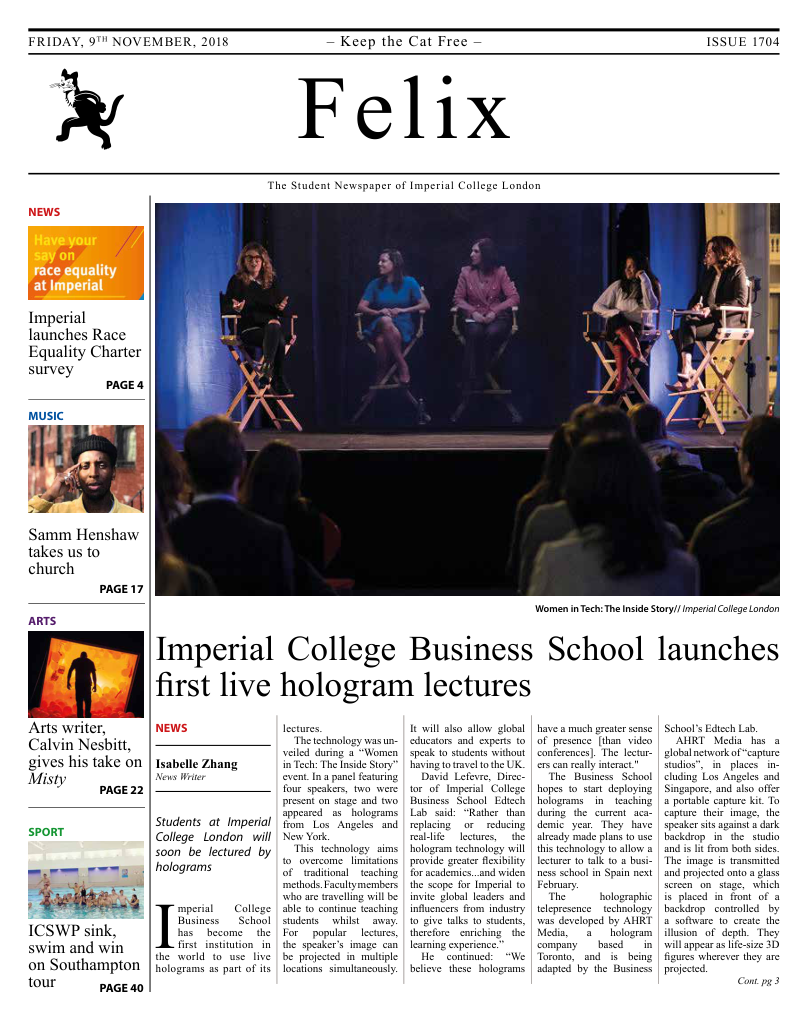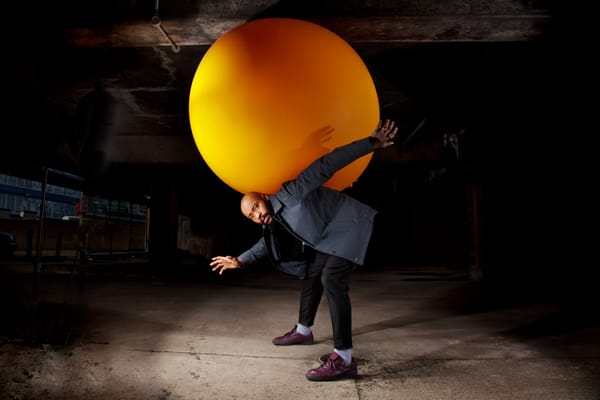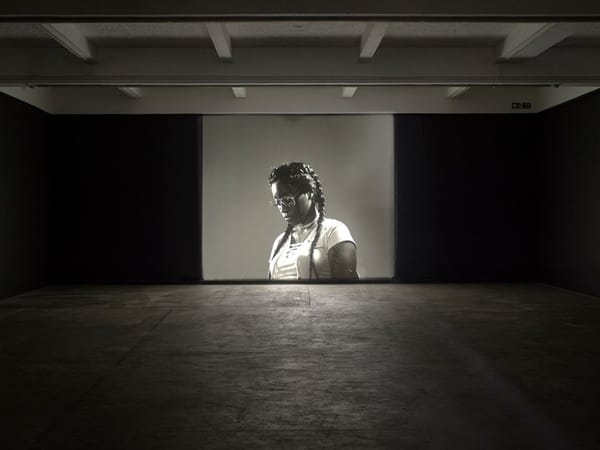A night at the opera – It’s all Chinese to me!
If you couldn’t make it through The Barber of Seville, do you even stand a chance?
While most would consider opera a strictly European affair, the China National Peking Opera Company would disagree. Founded in 1955, this company is one of the state-funded national institutions for performing arts. Peking opera is a Chinese form of performing arts, developed from multiple regional styles in the 19th century and still very relevant today. It seamlessly integrates singing, speaking, dance-acting and combat into a single finished piece of art. Although this idea seems very foreign in the west, London’s Sadler’s Theatre saw a performance of The Emperor and the Concubine which, as well as being entertaining, educated many on what Peking opera really is.
Set during the Tang Dynasty, the opera tells the story of emperor Tang Ming Huan (portrayed by Yu Kuizhi) falling in love with Taoist nun, Yang Yuhuan (portrayed by Li Shengsu). The plot explores universal themes of love, power, and class as the two lovers struggle with the pressure of the Imperial palace. Infatuated with each other, affairs of state take a back seat, rebels rise up and drama ensues.
As the opera starts, a delicate tune resonates from the small ensemble of performers to the left of the stage, playing a mix of Western and Chinese instruments. Eventually, the curtains do not go up; instead, a single actor enters onstage. Despite the language barrier (although the entire performance had subtitles displayed on screens in the theatre) it is abundantly clear that this is a comedic character. This character, Gao Lishi, represents the ‘Chou’ or clown character, one of the four classic characters of the Peking opera style. Actors usually specialise in one type of role and train from a very young age to perfect every aspect of it. In this case, the performance was spot on – the mannerisms, tone and general attitude were clearly comedic.
When the curtain finally rises, the full effect of the Peking opera style can be felt. There are women wearing intricate dresses, men with large swords in combat reading positions, all set against a beautiful set design depicting the Imperial Palace. As the performance got into full swing, the rising excitement in the theatre was palpable.
A stylistic choice which must be characteristic of Chinese opera was that all the actors stood extremely still unless they were part of the action. Even then, they would move very quickly yet elegantly, as though their movements served only to illustrate the snapshots of the scenes being played out. Li, the seasoned actress playing Yuhuan, hardly moved her mouth when singing and would move her feet very fast when gliding across the floor, giving the illusion that she was floating. Although strange at first, this style worked well to emphasize the power structure in the Chinese court.
The first act ends with the death of Yuhuan, and after a 30 minute interval, the action started up again. One of the beauties of the first act was the precision in the choreography. The placement and movement of characters on stage was orderly. Symmetry was conserved in every scene. However, in the second half, this symmetry starts to break down, mirroring the chaos in the plot. The death of a character in the second act was one of the standout moments of the whole show. The ingeniously elegant presentation of what is usually quite a dark subject was done by draping a scarf from the actor’s neck across the entire stage. Never has self-sacrifice seemed so chic!
Overall, the first act seemed rather empty, especially compared to the second act. With numerous intricate martial art scenes as well as set designs and choreography which painted the most beautiful pictures, the second act made the whole experience worthwhile.
The Emperor and the Concubine was only performed in London twice this October, but will surely return to the UK soon – this being the fourth year the Peking Opera Company has performed at Sadler’s Wells. Although opera is not everyone’s cup of tea, it goes without saying that this is different. Despite having “opera” in its name, Peking opera is so different and gives audiences so much more. Not only do the splendid costumes and action-packed scenes make it a feast for the eyes, the unique experience gives a rare glimpse into Chinese culture and history.
-4 stars








